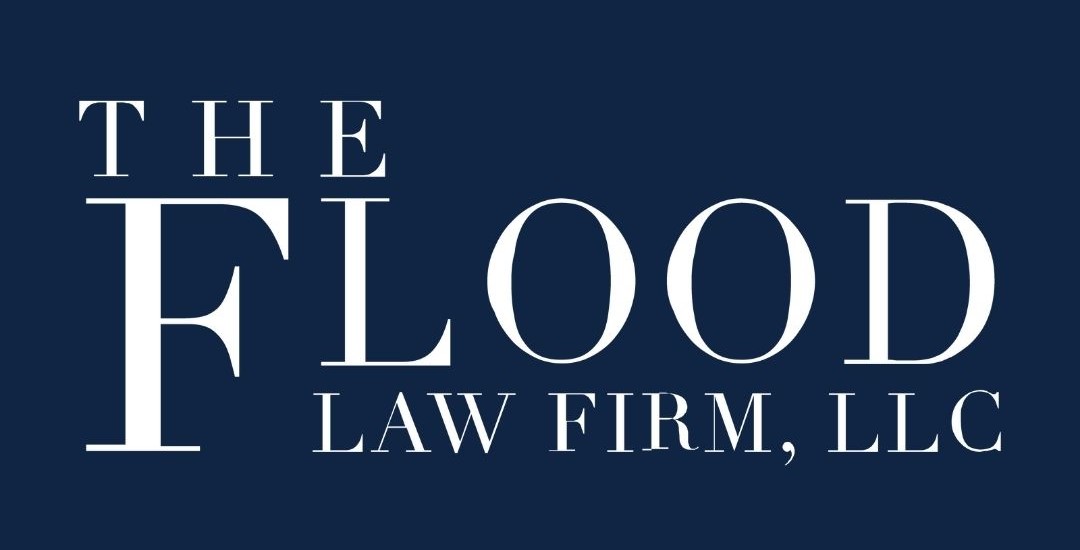The Bristol Observer
October 11, 2013
Kaitlyn Naples
If families, businesses and even the government have been affected by the downturn in the economy, then an organization that fund raises in order to give to other organizations certainly has as well.
The United Way of West Central Connecticut serves Bristol, Burlington, Plainville, and Plymouth/ Terryville, and the local non-profits that make those towns up. After 2008, when the “Great Recession” peaked in the country, the United Way of West Central Connecticut noticed how the downturn in the economy was affecting its organization. By 2009, the United Way of West Central Connecticut’s campaign, or funding, was down by 18 percent, said Mary Lynn Gagnon, director of Development and Donor Relations at the United Way of West Central Connecticut.
“When our funding and donations are down, money that is allocated to our community partners has to be cut,” Gagnon said. “It really affects the whole community.”
She said since 2009, the United Way of West Central Connecticut has been rebounding, with slight increases over the last few years, and the most recent allocations have stayed level, for the most part.
Colleen Bolingbroke, the United Way’s director of Marketing and Community Relations, said, in 2011, local organizations when combined were asking for a total of $1 million. The United Way only had about $400,000 to give out. The United Way ended up dispersing $400,000 to 30 programs in 23 local non-profits, after hearing from 30 local non-profits with 45 programs needing funding.
“We just had to whittle down the programs and organizations that we could support that year,” she said, adding there is a strict application and selection process that the applicants and the Board of Director’s Allocations Committee must go through each year. “It is the most difficult work we have to do,” she said, adding the Allocations Committee is made up of community volunteers who represent all sectors, like education, income, health, and also representatives from all of the communities the United Way serves. The applications, typically about 12 pages each, require three years worth of past budgets, financial documents, answers to in-depth questions, and more.
“They are all scored upon the same criteria, and based upon that we decide how much funding we can provide, if any at all,” Bolingbroke added. “It is really great for volunteers to understand how the community, and how the United Way, works.”
While the allocations have remained steady for the last few years, organizations are still in need of more money, as the demand keeps growing. After funds have been allocated to local organizations, representatives from the United Way will make “site visits” to see how the organization is utilizing those funds, and how programs are going.
Bolingbroke said, based upon recent visits, she has found that many organizations are saying more clients are coming through their doors, and staff increases that are needed, aren’t in their budgets.
In the last five years, Bolingbroke said Wheeler Clinic in Plainville has seen a “10 to 15 percent increase in client volume and demand every year,” which comes without any increases in funding.
She said at CT Legal Services’ “demand far exceeds services offered” with 172,000 problems faced each year by the target population in the greater Bristol area. Bolingbroke added that this organization can only offer one attorney to every four cases.
At the Bristol Community Organization (BCO), Bolingbroke said officials are “experiencing an unprecedented number of clients.”
The United Way of West Central Connecticut is in its campaign season, and depends upon support from local individuals and companies so it can continue to support the local organizations and programs that are directly impacting the community.
Gagnon said there are several ways businesses can get involved, through sponsoring events, like the annual golf tournament in the fall, the Community Builders Reception in the spring, and the annual Day of Caring, which is also in the spring.
These events allow businesses to support them, and the United Way, and also get their logo and message out to the public during those events.
This year’s campaign message is “Today I’m going to try and change the world,” and Gagnon said being a part of the United Way’s campaign could mean a small contribution that will go a long way. “It could be one less coffee each week, or one less breakfast sandwich,” she said. “Imagine the impact that can have on our community.”
The United Way will develop a campaign plan for each company that participates, which is a payroll deduction for its employees. Companies can also make a tax-deductible corporate gift, or companies can match their employee’s contributions as well. Companies can hold food or clothing drives, participate in the annual “Adopt a Child” back to school program, or participate in the Joy of Sharing event around the holiday season.
“It provides companies and individuals with the opportunity to get involved in their local community,” Gagnon said, adding this year’s message is an interactive one, where employees will tell the United Way how they are trying to change the world.
Even though the United Way of West Central Connecticut has been directly affected by the financial crisis that is across the country, Gagnon said it continues to learn new ways to reach out to its community and continue to move on so it can help its local non-profits and organizations serve the citizens in need.
The United Way of West Central Connecticut is located at 200 Main St., Bristol. For more information on its campaign, events, and programs, or to give, call (860)582-9559 or visit www.uwwestcentralct.org.





.png)

